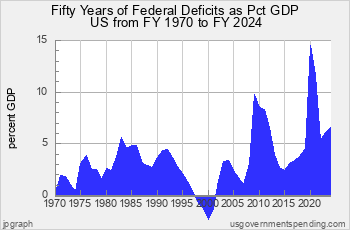“Socialism” vs. “capitalism” is a false dichotomy
We need go-go capitalism to afford a generous welfare state, and people won’t support go-go capitalism without a safety net. “Socialists” and Republicans forget different parts of this lesson.
The GOP’s market rigging and rejection of the social safety net drives voters toward “socialism”
No less a classical liberal than F.A. Hayek supported a robust safety net capable of “providing for those common hazards of life against which few can make adequate provision.” It’s true, as Williamson says, that “There isn’t any obvious and non-arbitrary place to draw the line on those common hazards of life.” But he’s wrong that “the fundamental difference between Right and Left is where to draw that line (or those lines) and how to go about helping those we decide to help.”
A Republican Party that remains doggedly devoted to Grover Norquist’s goal of shrinking government until it’s small enough to drown in a bathtub isn’t pro-lifeboat. It’s pro-drowning. Moreover, cannibalizing Obamacare, setting public assistance ever further out of reach, and exploding the deficit with massive tax cuts doesn’t make the ruling political right a friend of free markets. Trump’s tariff-hiking, winner-picking economic nationalism, which looks to communist China as a model, is an immiserating morass of rank corruption. But that’s what the GOP currently stands for, whether conservative thinkers like it or not.
The right’s Pavlovian reaction to Ocasio-Cortez’s budget-busting democratic socialism has trapped it in a comforting haze of commie-fighting nostalgia. It leaves Republicans blind to the electoral threat posed by Warren’s Nordic-style social democracy, because they can’t see the difference; they can only see reds. Warren’s coalescing vision of the market-friendly welfare state doesn’t exactly amount to the second coming of Milton Friedman, but it’s far more intellectually sound and politically attractive than anything Republicans currently have on offer.
If the governing GOP is unable to hear what Hayekian conservatives like Williamson are saying and just keep on smashing the lifeboats, and fail to offer a compelling alternative to Warren’s vision for unrigging the economy, not only will they be totally overwhelmed on their left flank on social insurance, they might also find themselves outflanked on the issue of fair, open, competitive markets. They’ll get routed by the left on capitalism, still screeching about Venezuelan bread lines.
https://www.vox.com/the-big-idea/20...in-williamson-column-republican-ocasio-cortez
No Brains ...No Headaches.....you're vying for the empty cranium award...
Don't look now but you and the Rodent are neck and neck.....


